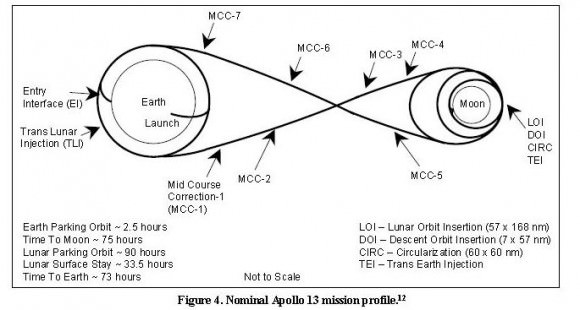Crackers
greasy ginfers
For those interested, SpaceX are launching another satellite to GEO tonight. Basically, it's a 3.5ton satellite being sent really high to deliver coverage to south east asia.
The cool thing about it is that they'll attempt another barge landing, and because it's going to GEO(Geostationary orbit,35000km high or so) the speed it comes down is much faster than an LEO (low earth orbit) launch.
Also;
The cool thing about it is that they'll attempt another barge landing, and because it's going to GEO(Geostationary orbit,35000km high or so) the speed it comes down is much faster than an LEO (low earth orbit) launch.
Also;



